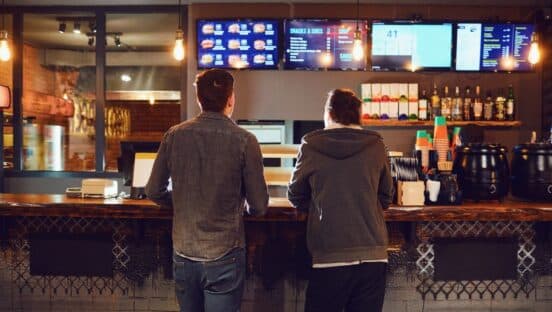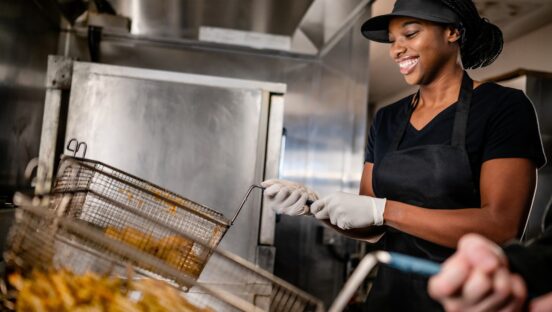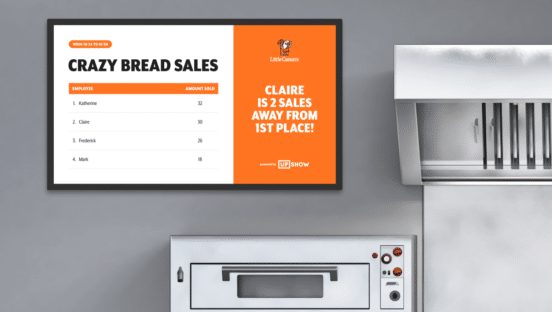According to a November 2020 online survey conducted by the National Restaurant Association, 60 percent of American consumers order takeout at least once a week—a number which is steadily increasing each year.
In response to increasing demand for takeout and delivery services, some brands are turning to ghost and virtual kitchens. Often used interchangeably, the two are, in fact, very different concepts: Virtual kitchens are digital-only brands, while ghost kitchens are off-premises prep spaces that can be used by both virtual and brick-and-mortar brands. Neither model has a dining room—they are delivery-only enterprises that serve as pick-up spots for DoorDash, UberEats, GrubHub and other apps.
Both models relieve the burden of large startup costs and staffing associated with a brick-and-mortar restaurant, making them a practical and profitable operational model. With $3.7 billion invested in food delivery and food tech in 2020, experts predict the ghost kitchen industry will reach $1 trillion by 2030.
In this newly-competitive space, some virtual brands are carving out their niche early on by partnering with high profile, quality ingredients and brands. After all, these new brands don’t have long, storied histories and loyal customers to rely on—yet. What they can do is highlight ingredients from well-known brands and the creativity behind their chef-driven menu items.
For example, delivery-only restaurant company Virturant (which launched in January 2020) partnered with Kraft Heinz to create unique menu items for its eight concepts, which include Wing Society, The Patty Melt Company, Wild Skillet, Uptown Burgers, The French Toastery, Grilled Cheesin’, Uhmazing BLTs, and Sunrise Sandwiches Co. Because these delivery-only concepts are relatively new, consumers may not yet be familiar with their names—but they are familiar with Kraft Heinz, whose internationally recognized name brands bring a high level of trust and familiarity that few other brands can offer.
“We have competitors out there who have gone a different route, such as putting celebrity names on the brand,” says Jon Register, President and CEO of Virturant Brands. “We felt it was more important to have quality ingredients—that is a bigger differentiator for us.”
Virturant works with Kraft Heinz to find branded condiments they can use in their recipes, then promotes those ingredients, often in menu item names. For example, at Hell’s Chicken, customers can order a HONEYRACHA® or HEINZ 57® Chicken Sandwich; Uptown Burgers featuring A.1.® Steak Sauce and HEINZ 57 Burgers; and Chicken Tender Tribe offers HONEYRACHA brand, HEINZ 57 brand, and A.1. brand dipping sauces. Studies show that consumers gravitate toward menu items with recognizable ingredients and brands, a strategy that has worked in the past with partnerships between restaurants, candy brands, and food tech companies (think milkshakes, desserts, and vegan burgers).
“It’s another way of introducing their products into a home and associates our brand with great quality and food history,” Register says. “That’s more important to us than having a celebrity rep our brand—we are all about ingredients.”
For more information, visit the KraftHeinz website.













